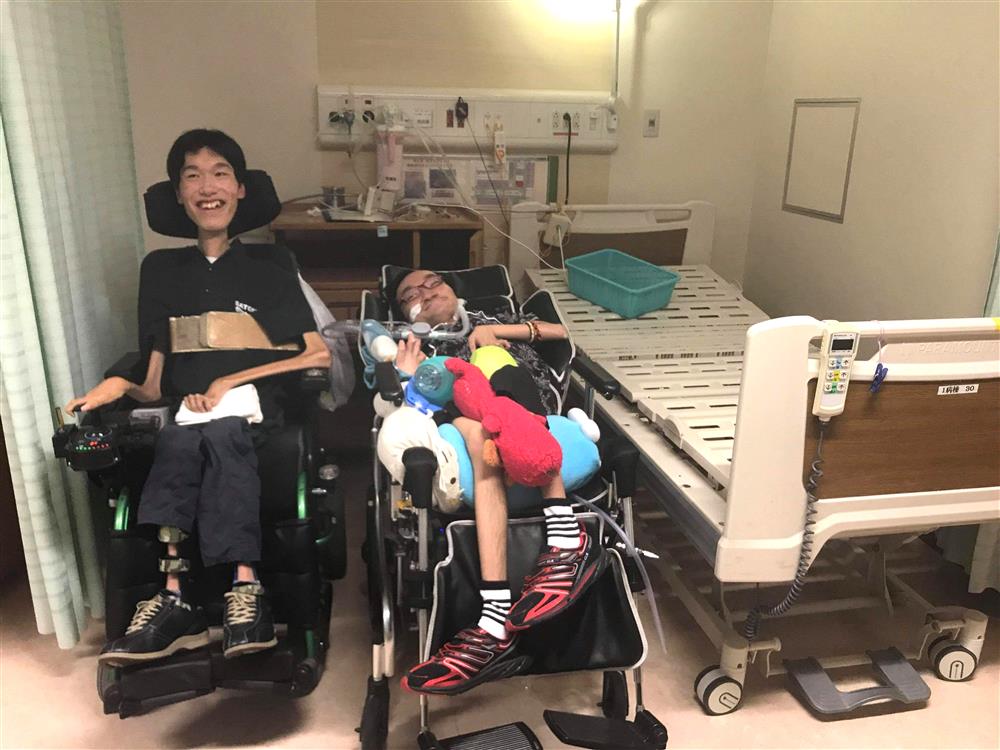Pioneering deinstitutionalization by involving broad networks of stakeholders
- Solution
- Pioneering a de-institutionalization programme by involving broad networks of stakeholders
- Organization
- Project for the Future Liberation and Deinstitutionalization of Muscular Dystrophy Wards
- Country of Implementation
- Japan
- Region
- Asia & Pacific
- Subregion
- Southeast Asia
- Start Year
- 2019
- First published
- 10.02.2023

Solution details
“We promote deinstitutionalization in Japan with the principle of ‘Nothing about us, without us’.” Mitsutoshi Oyabu, a Founder, Project for the Future Liberation and Deinstitutionalization of Muscular Dystrophy
Launched in 2019, the Project for the Future Liberation and Deinstitutionalization of Muscular Dystrophy Wards is a nationwide NGO initiative in Japan to bring people into community living and has reached approximately 2,000 people in 26 institutions. The project includes online meetings with institutionalized persons, a women’s network, and making policy recommendations. The project is one of the few deinstitutionalization efforts in Japan, and between 2019 and 2022 ten people left institutions and are now living in the community.
Problems Targeted
Many people with Muscular Dystrophy in Japan live away from the community, inside specialized wards in the National Hospital Organization.
Solution, Innovation and Impact
The NGO project brings together around 200 individuals, including people with disabilities, researchers, journalists, and lawyers, with the aim of solving the issue of people with disabilities living in institutions. The network shares information and discusses strategies for transitioning people with disabilities into the community via online communication tools such as video calls, messengers, and social media. This enables people in institutions to be included throughout the conversations. In addition, visits are conducted to the wards in order to identify the issues that people with disabilities face. The project compiles all the collected information and opinions, which are then discussed with the Ministry of Health, Labour, and Welfare, with the aim of changing policies and supporting the transition of people with disabilities into the community. A report on the subject published in 2021 received much media and public attention. Between 2019 and 2022 a total of ten people from Muscular Dystrophy wards in Japan have transitioned from the wards and now live in the community.
Funding, Outlook and Transferability
The project is funded by the Kirin Welfare Foundation and has an annual budget of $10,000, which covers visits to wards, online platform fees, and discussions with the government. The project does not cover costs of transition to the community. In Latin America the project reports about its experiences and encourages and teaches while supporting activities of the Latin American Network on Independent Living. The project aims in the coming years to work with the government of Japan to form a clear policy of deinstitutionalization in order for independent living to become a reality for more people with disabilities in Japan.
Media
Related information
- Connections
- 2
-
Organization
- People